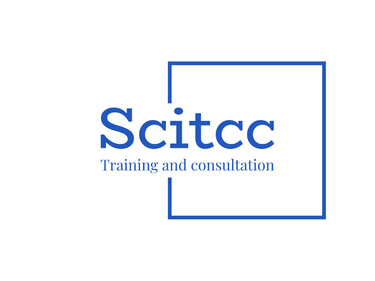
Institutional Happiness Leadership
Institutional Happiness Leadership
$3500.00
Day One: Concepts of Institutional Happiness
Definition of organizational happiness and its importance in the workplace.
The impact of happiness on performance and productivity.
Understanding the role of leadership in enhancing happiness within organizations.
How to build a positive work environment.
Teaching method: Interactive lectures, case studies, group discussions.
Day Two: Factors Influencing Organizational Happiness
The psychological and social factors that affect happiness at work.
The relationship between motivation and happiness.
Strategies to strengthen relationships among employees.
How does effective communication contribute to enhancing organizational happiness?
Teaching method: Interactive workshops, group exercises, practical cases.
Day Three: Leadership Styles Influencing Happiness
Transformational leadership and its role in enhancing happiness.
Participative leadership styles and how to build a culture of openness.
Techniques for improving leadership skills that influence happiness.
Motivating employees to increase engagement and job satisfaction.
Teaching method: Lectures, practical exercises, driving simulation.
Day Four: Strategies for Building Sustainable Happiness in the Organization
Strategies for building a sustainable and happy work environment.
Developing employee wellness programs and promoting work-life balance.
The role of training and development in promoting sustainable happiness.
How can the level of institutional happiness be measured?
Teaching method: workshops, group presentations, simulations.
Day Five: Implementing Institutional Happiness at Work
Applying the tools and theories acquired in the daily life of the institution.
Developing a work plan to implement institutional happiness in the workplace.
How to overcome the challenges that may arise in implementing these strategies.
How to measure success in improving organizational happiness.
Teaching method: Group projects, individual assessments, case analysis.
General teaching method: This course relies on participant interaction through workshops, practical activities, and real case studies. In addition to using simulation methods for practical situations, so that participants can apply the knowledge they have acquired.


